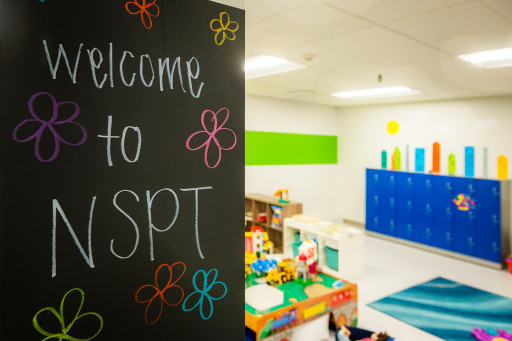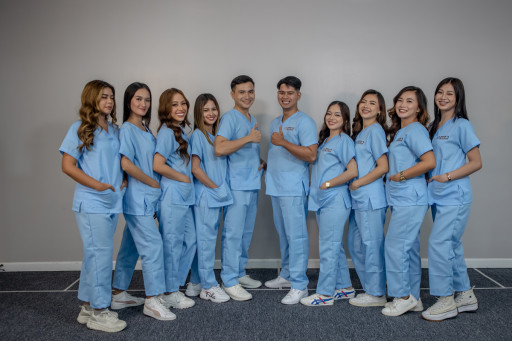GERMANTOWN, Md., June 14, 2024 (Newswire.com) - Seraxis, Inc., a regenerative medicine company developing pancreatic islet replacement therapies to transform the lives of patients with Type 1 and insulin-requiring Type 2 diabetes, has been notified that the company is the awardee of a $400,000 Commercialization Program grant from the Maryland Stem Cell Research Fund (MSCRF) that aims to foster Maryland research to enhance and propel stem cell treatments. Seraxis will use the MSCRF grant to accelerate the validation and manufacturing of Seraxis’ genetically modified pancreatic cell line (SR-03) that is designed to be a universal allogenic transplant that will not require lifelong anti-rejection immune suppression.
“Over 1.4 million Americans are Type 1 Diabetes patients burdened with daily glucose surveillance and exogenous insulin delivery to avoid glucose excursions and long-term organ damage,” said Dr. William Rust, Ph.D., CEO of Seraxis. “MSCRF’s grant funding will be key to advancing Seraxis’ goal of establishing an immune-compatible allogenic pancreatic islet transplant therapy as a functional cure for people with insulin-requiring diabetes. SR-03 program is informed by SR-02, an islet replacement therapy requiring immune suppression that will enter the clinic by late 2024 for people with hypoglycemic unawares T1D.”
More information on SR-03 and SR-02 is available to potential pharma collaborators during the ADA annual meeting in Orlando next week.
About Seraxis
Seraxis is bringing transformative cures to the millions of people worldwide struggling with the management and life-threatening complications of T1D and insulin-requiring T2D.
Seraxis’ lead program, SR-02, is a novel, off-the-shelf islet replacement therapy slated to enter clinical testing with immunosuppressive therapy in 2024 in patients with severe recurrent hypoglycemia. A follow-on diabetes program, SR-03, is a version of the Seraxis pancreatic clusters altered to be unrecognized by the immune system for use without chronic immune suppression by the broader population of T1D and insulin-requiring T2D.
Seraxis’ underlying proprietary technology enables the creation of a pipeline of novel stem cell-derived therapies originating from single donated organs. The company’s diabetes programs are manufactured from a stem cell line derived from a single highly compatible human donor’s pancreas. These stem cells preferentially re-differentiate into pure pancreatic clusters containing all the endocrine cells of the native pancreatic islet, and with safety, potency, and manufacturing advantages over embryonic and induced pluripotent stem cells.
Seraxis is backed by Frazier Life Sciences, Polaris Partners, Eli Lilly, the T1D Fund and independent investors. Seraxis manufactures its best-in-class therapeutic pancreatic clusters using scalable, clinically compliant processes in its cGMP facility located in Maryland’s I-270 Biotech Corridor. Visit www.seraxis.com.
About the Maryland Stem Cell Research Commission
The Maryland Stem Cell Research Commission is focused on identifying and fostering cutting-edge research and innovation in the field of regenerative medicine in Maryland. Our Accelerating Cures initiative comprises programs that help transition human stem cell-based technologies from the bench to the bedside as well as mechanisms to build and grow stem cell companies in Maryland. Visit us at www.mscrf.org to learn more about our funding opportunities.
Seraxis contact: Ted Hibben, Chief Corporate Development Officer: [email protected]
Contact Information:Ted Hibben
Chief Corporate Development Officer
[email protected]
Original Source: Seraxis Wins Maryland Stem Cell Research Fund Grant to Accelerate Development of Allogenetically Compatible Pancreatic Islet Replacement Therapy for Functional Cure of T1D
The post Seraxis Wins Maryland Stem Cell Research Fund Grant to Accelerate Development of Allogenetically Compatible Pancreatic Islet Replacement Therapy for Functional Cure of T1D first appeared on Enrose Magazine.
Medicine and Healthcare - Enrose Magazine originally published at Medicine and Healthcare - Enrose Magazine




